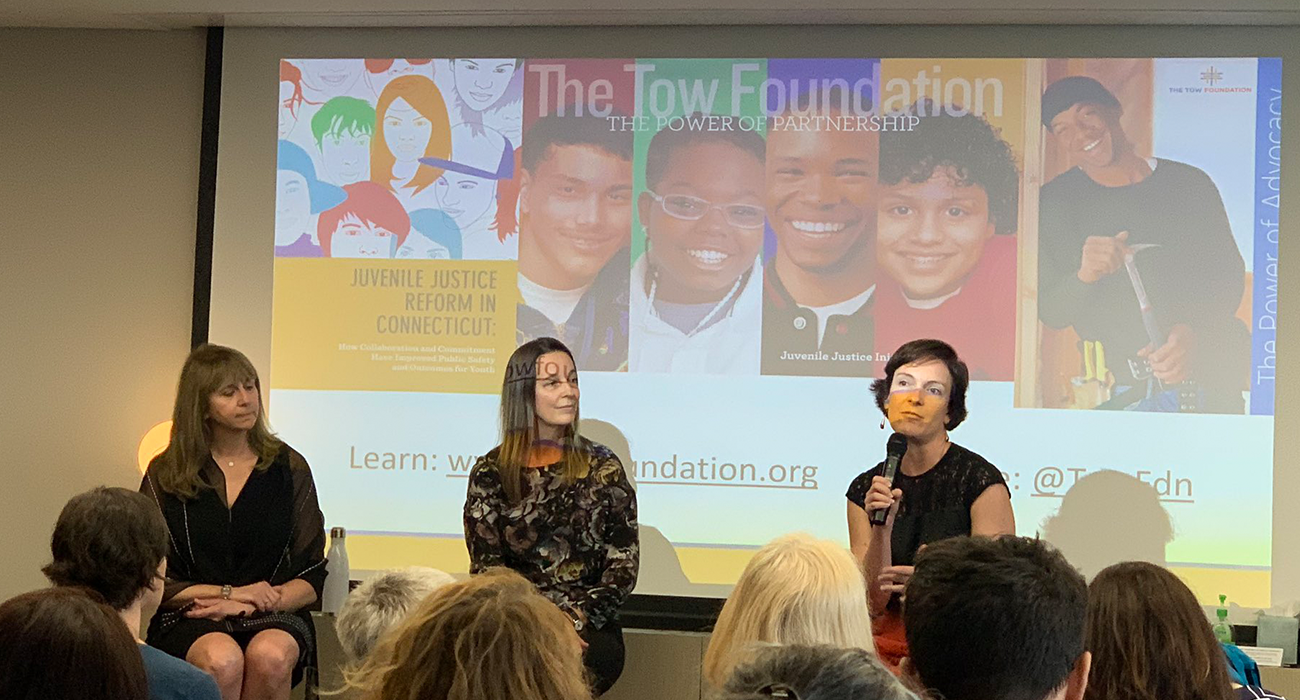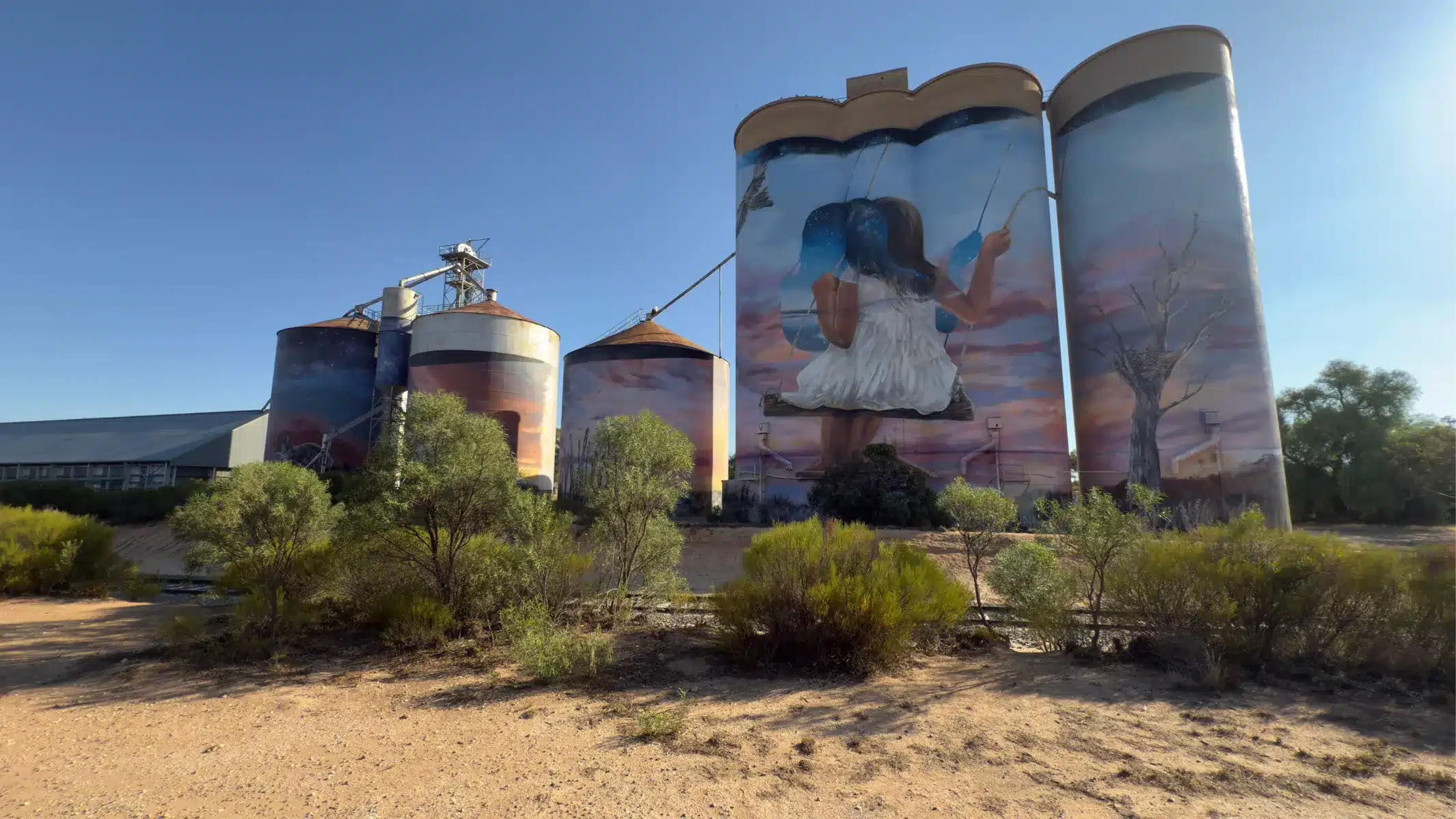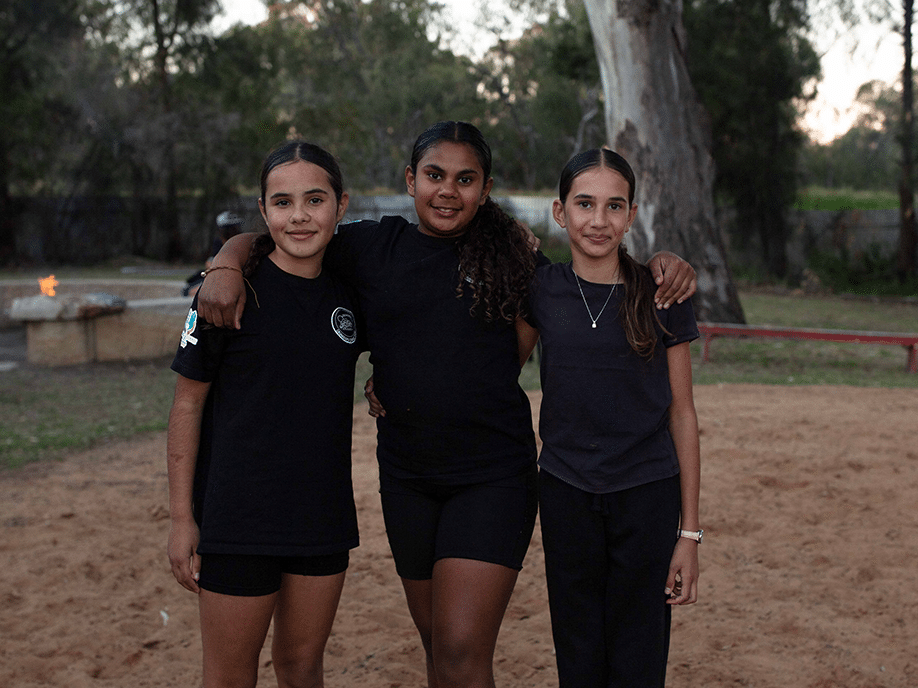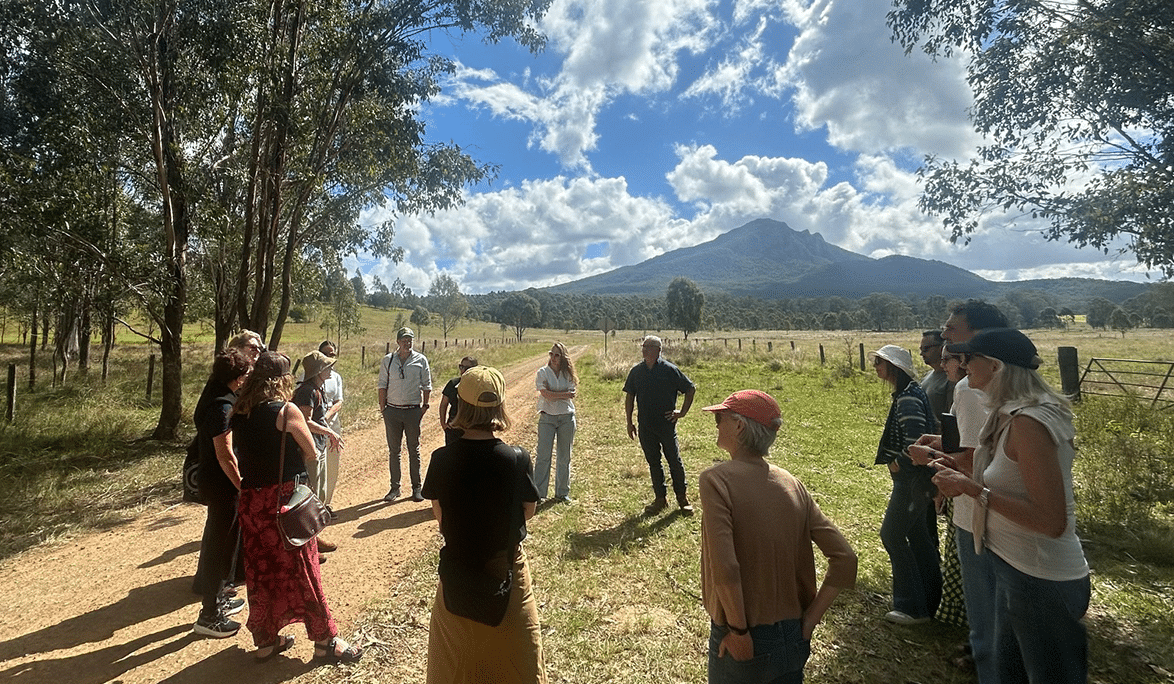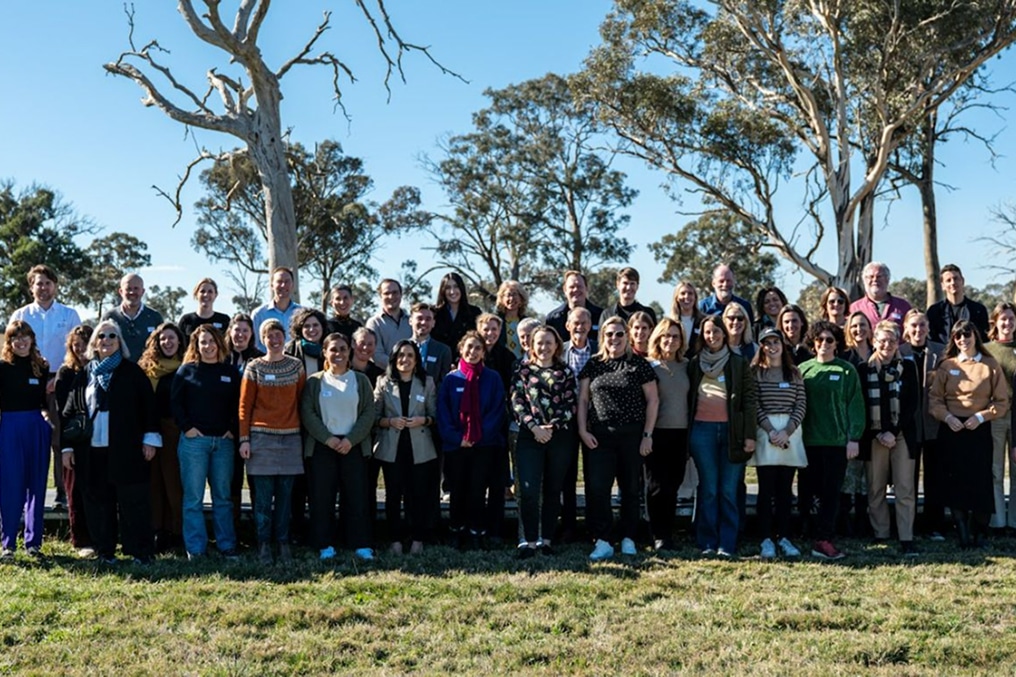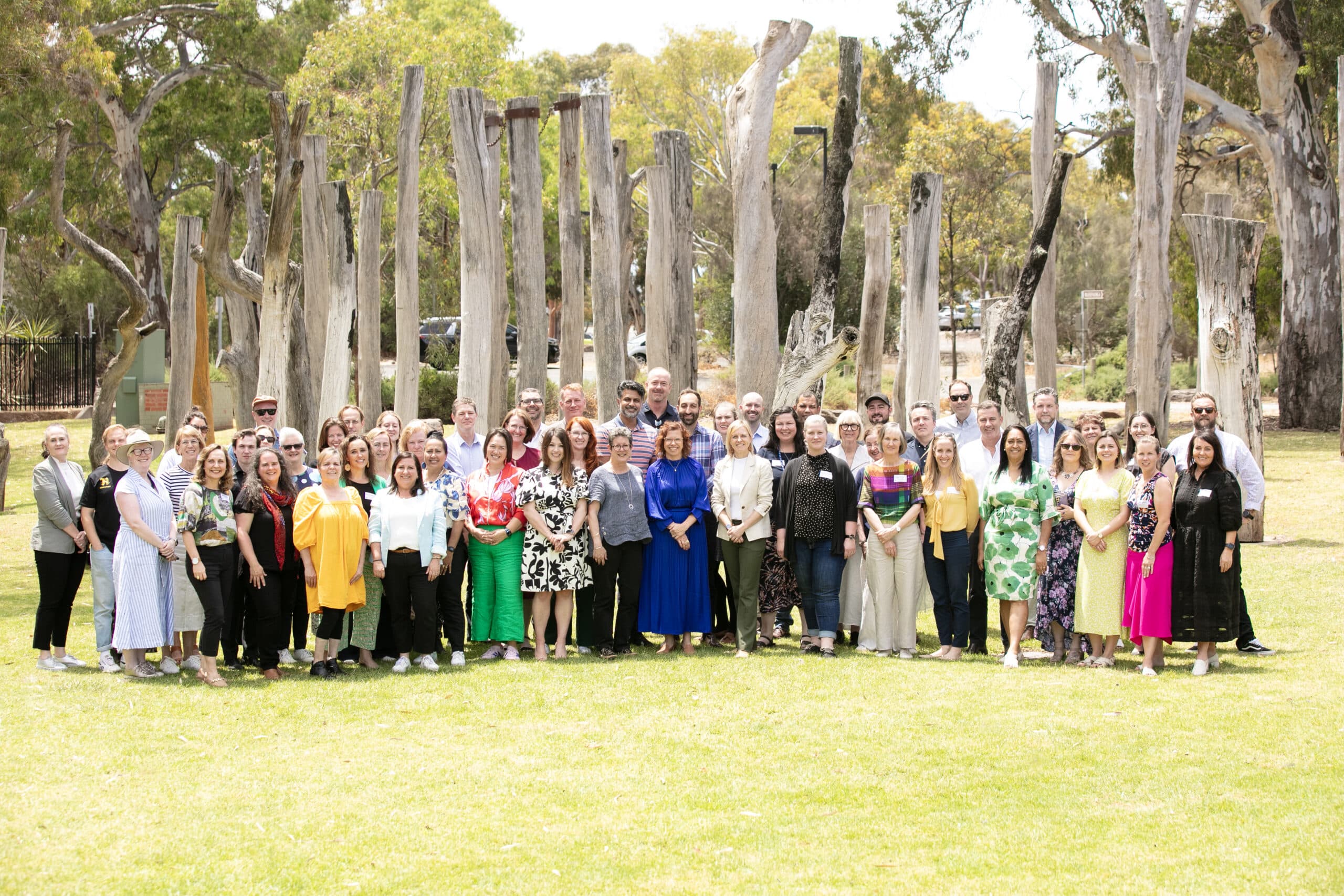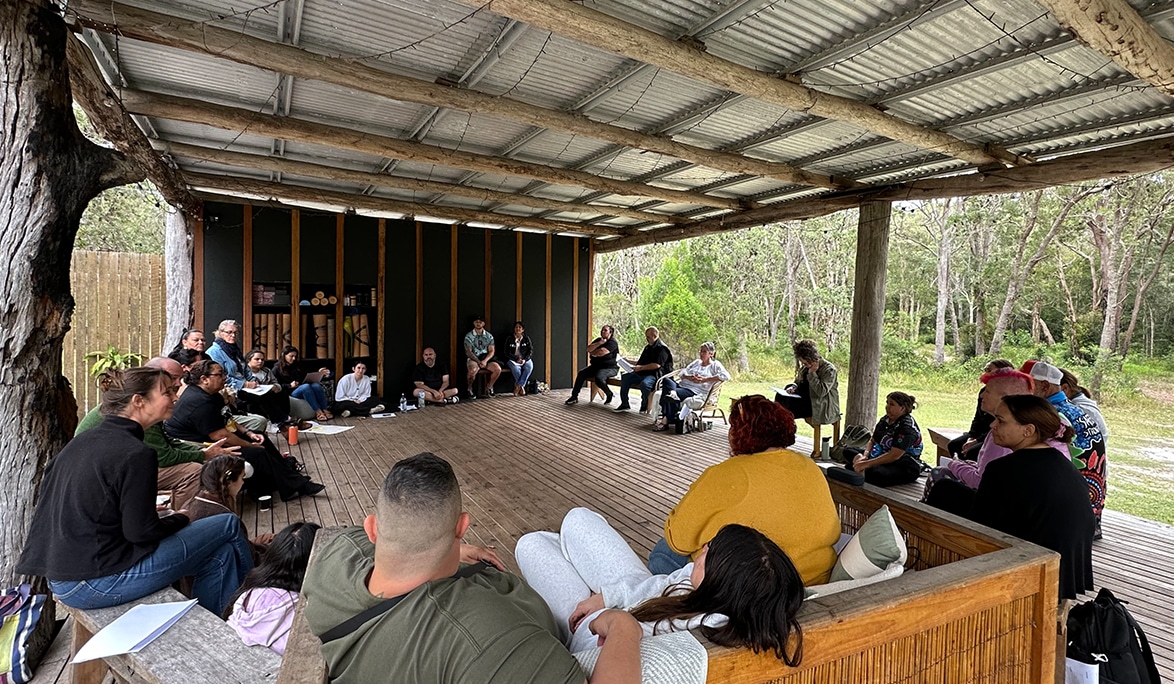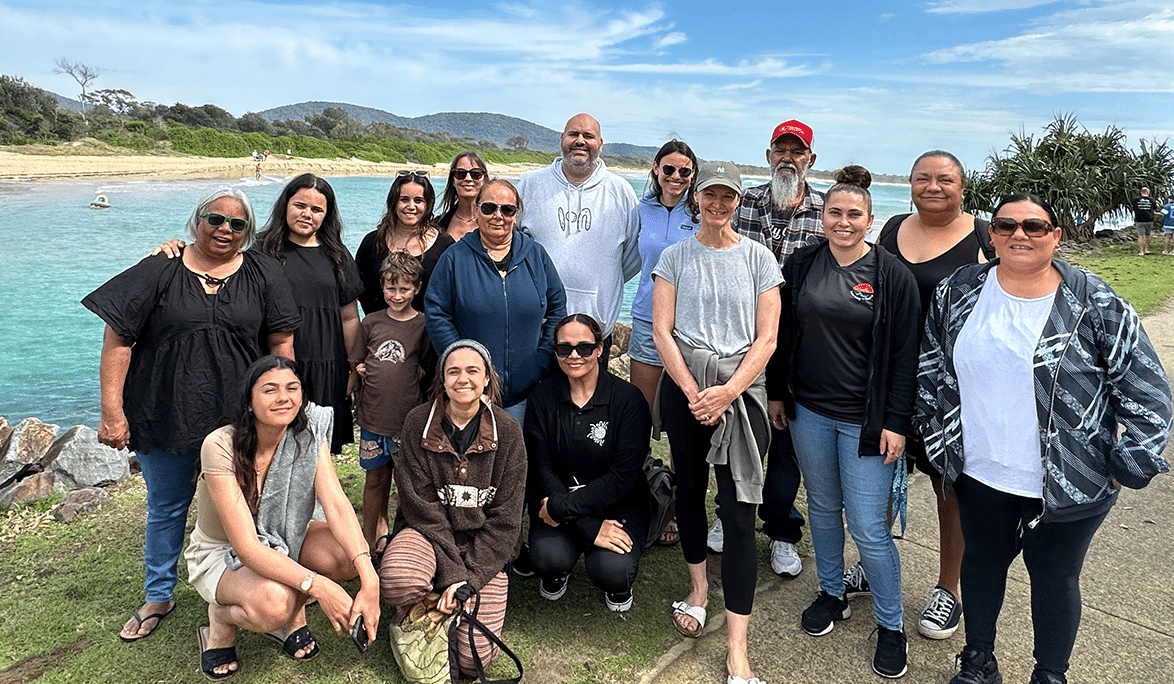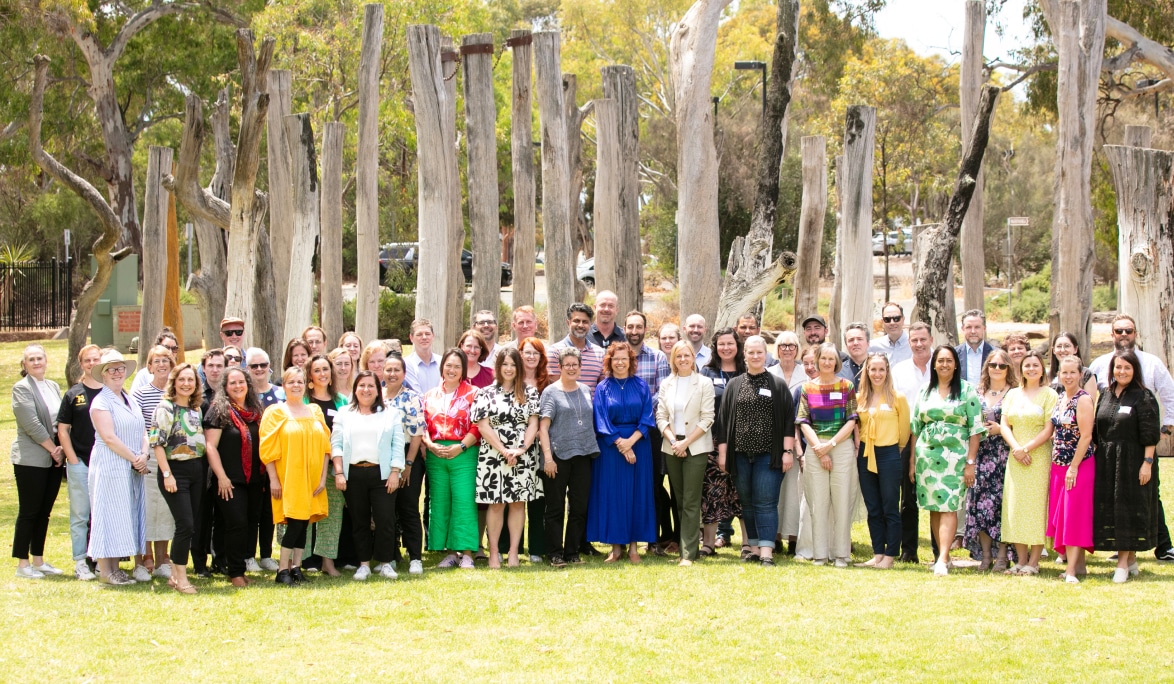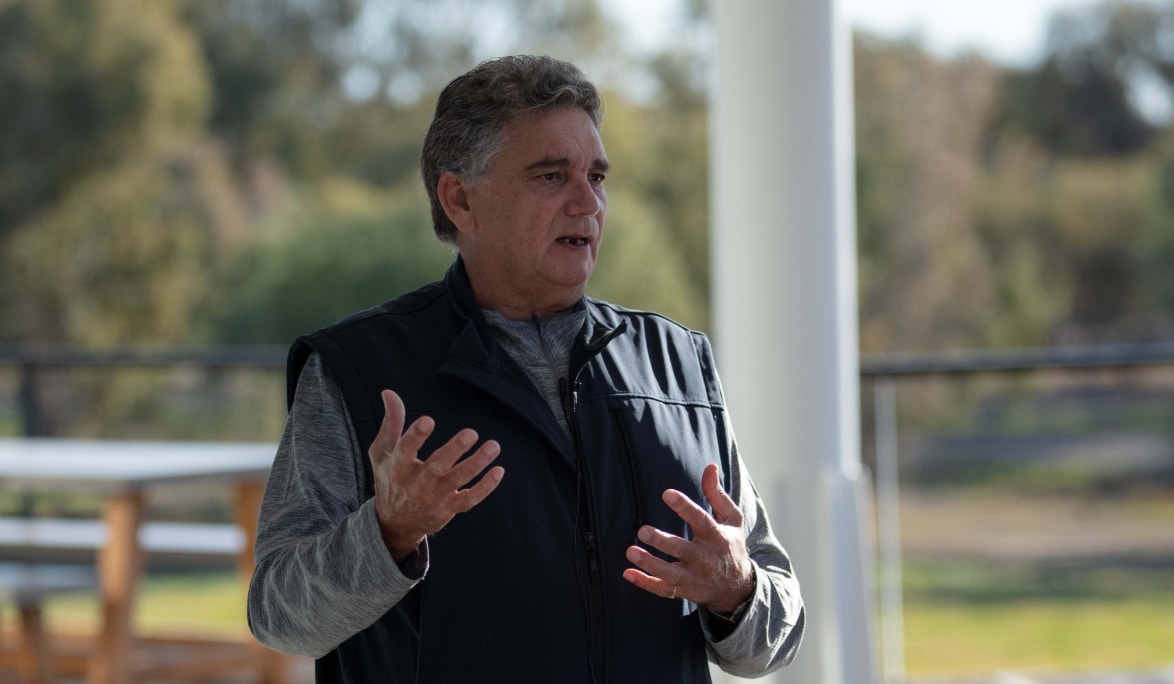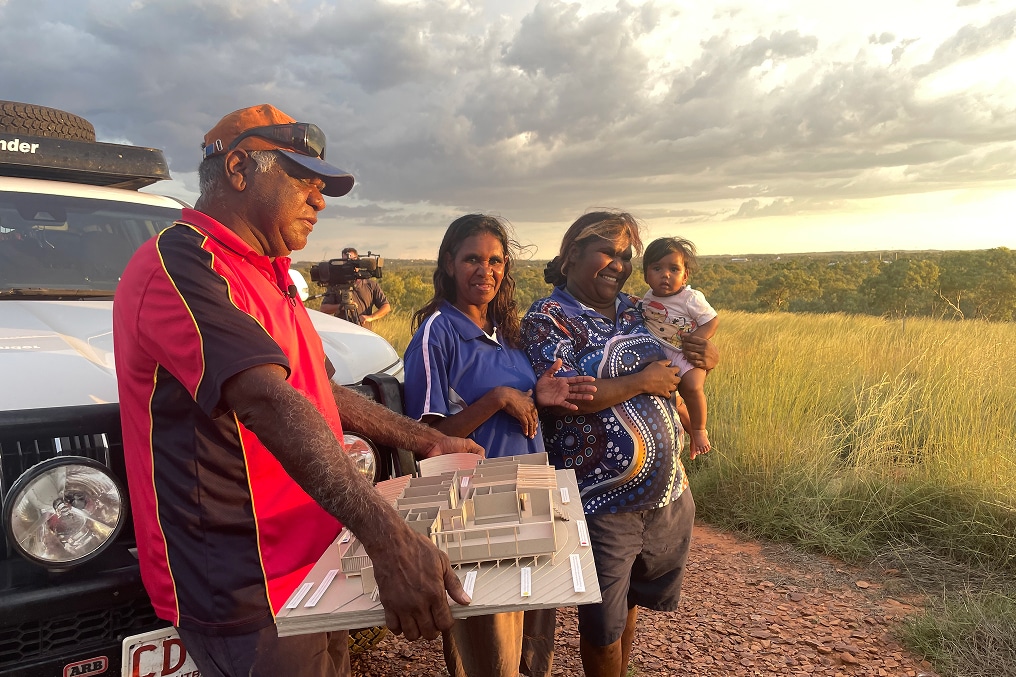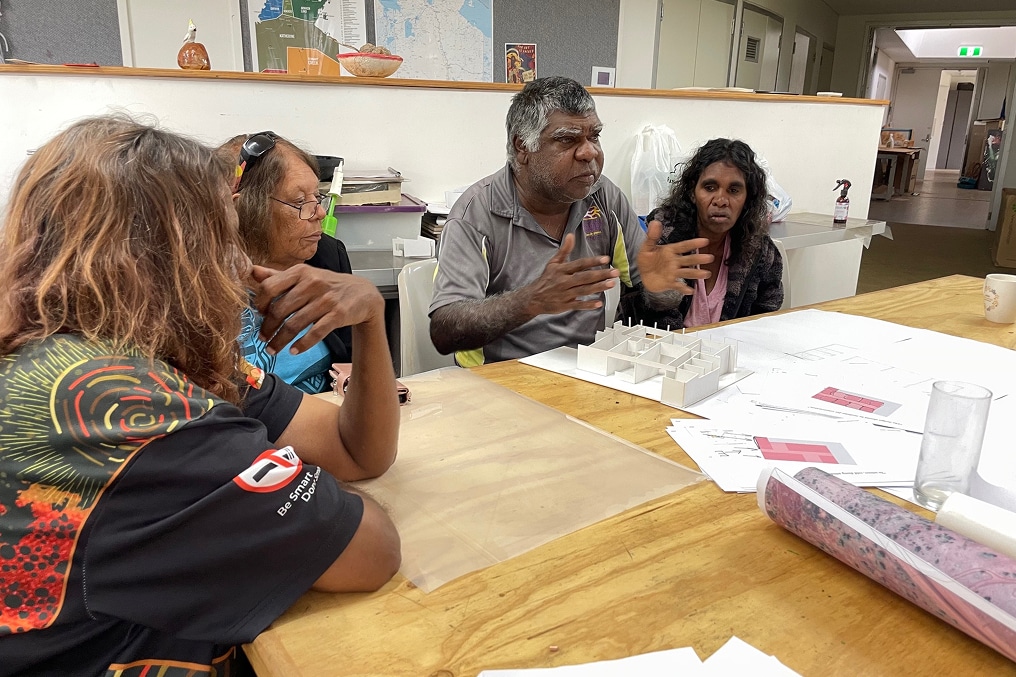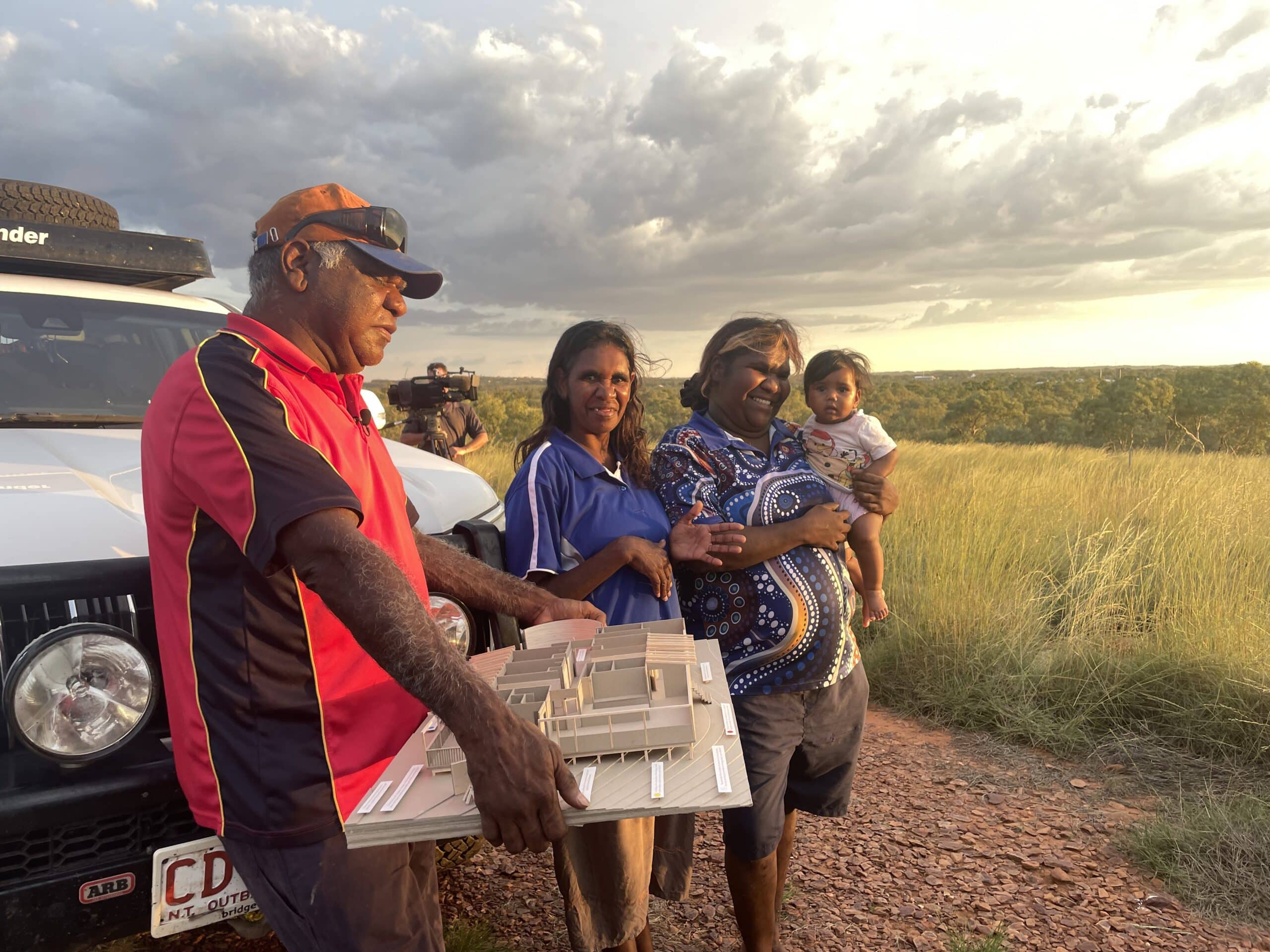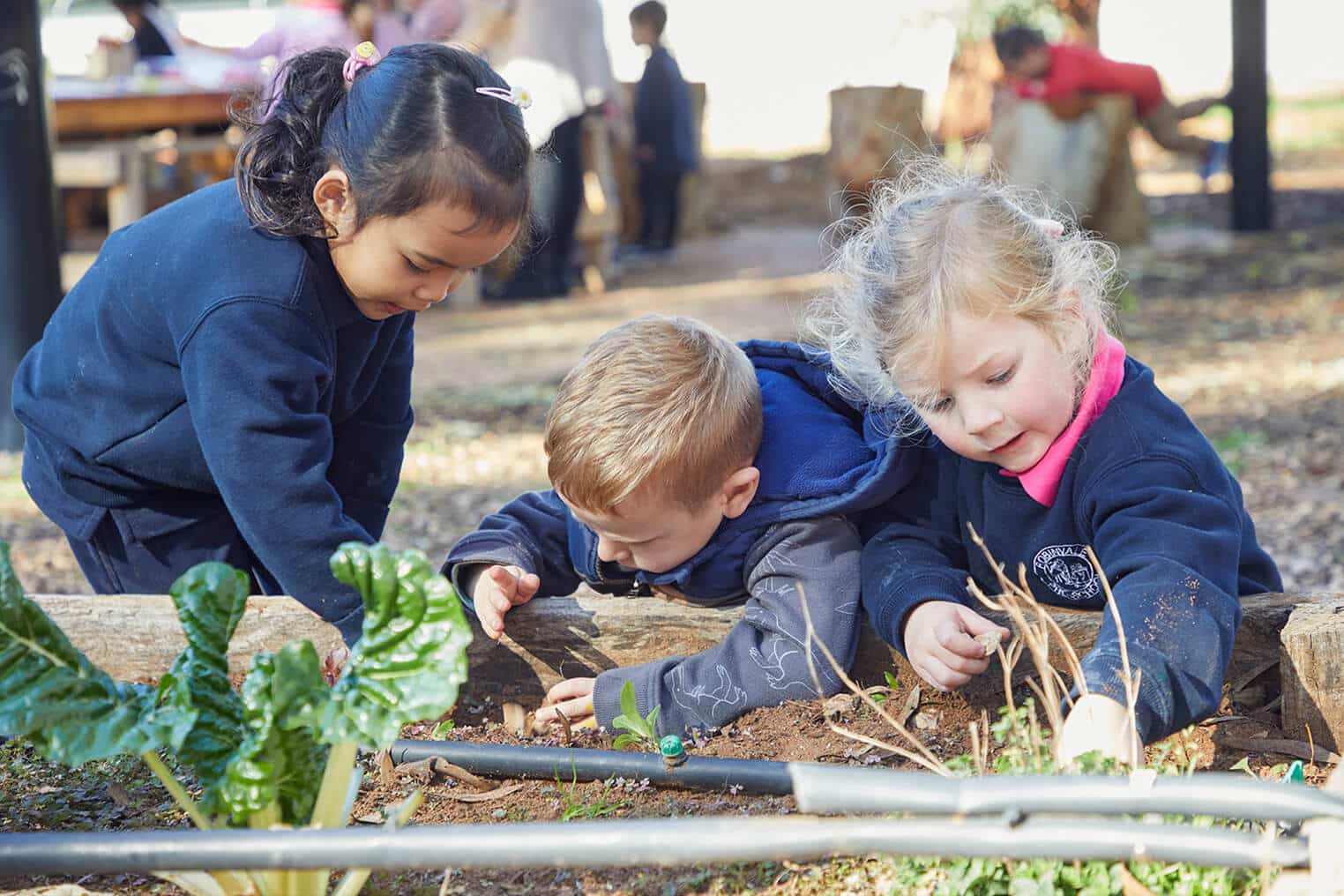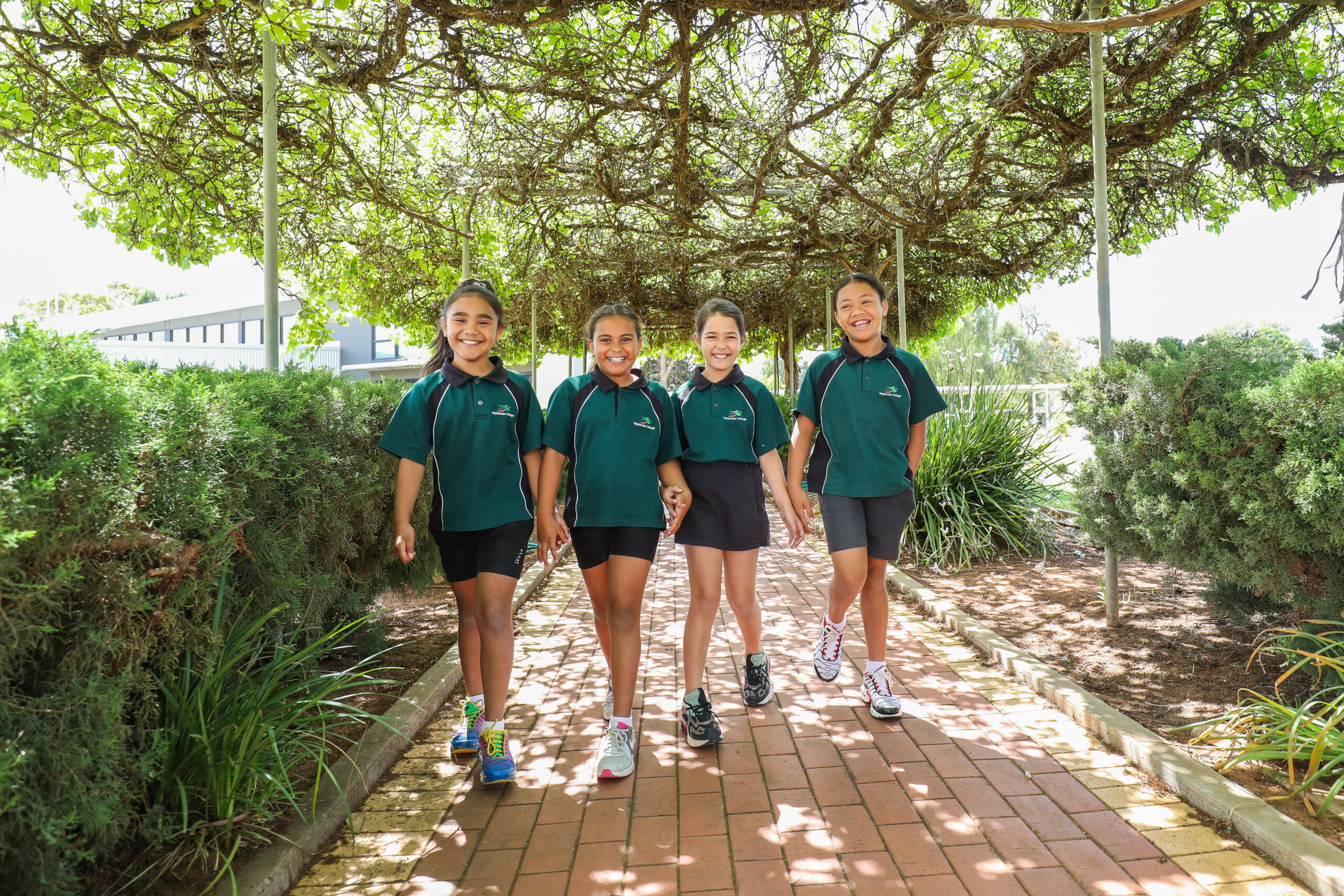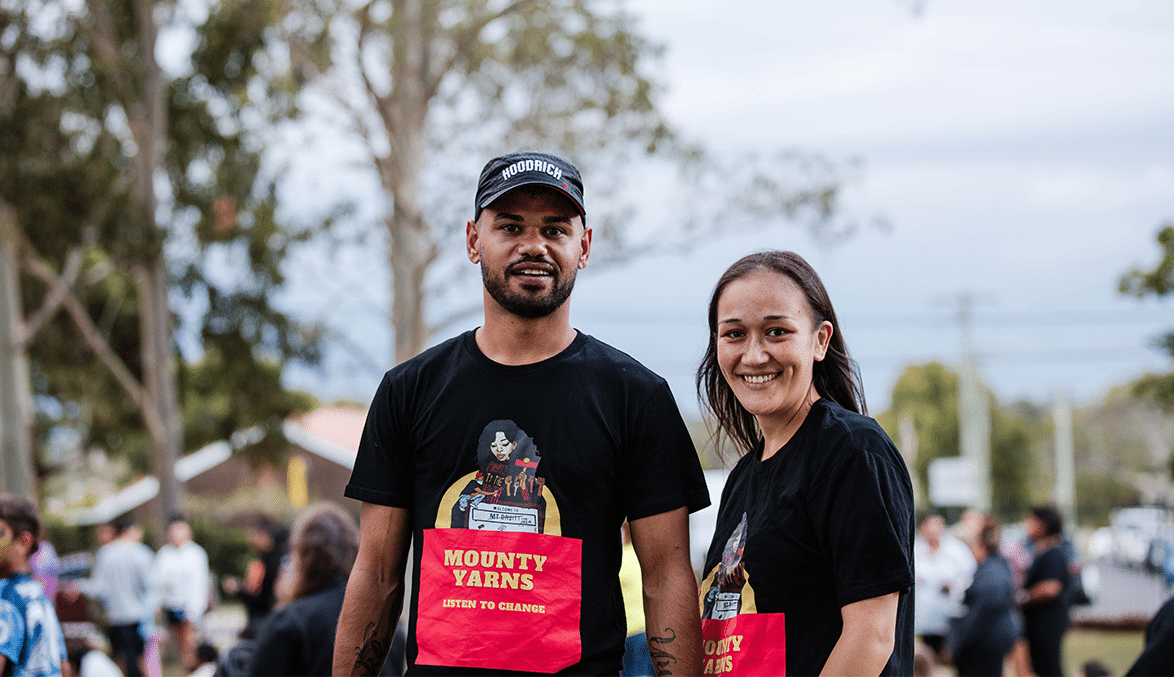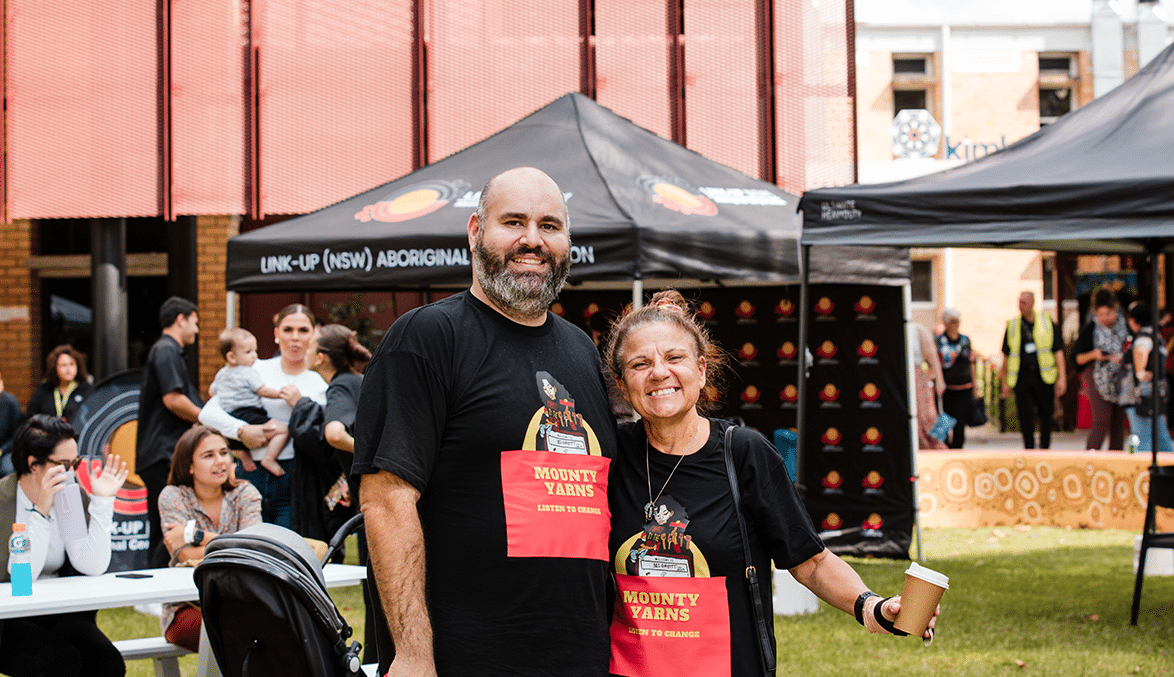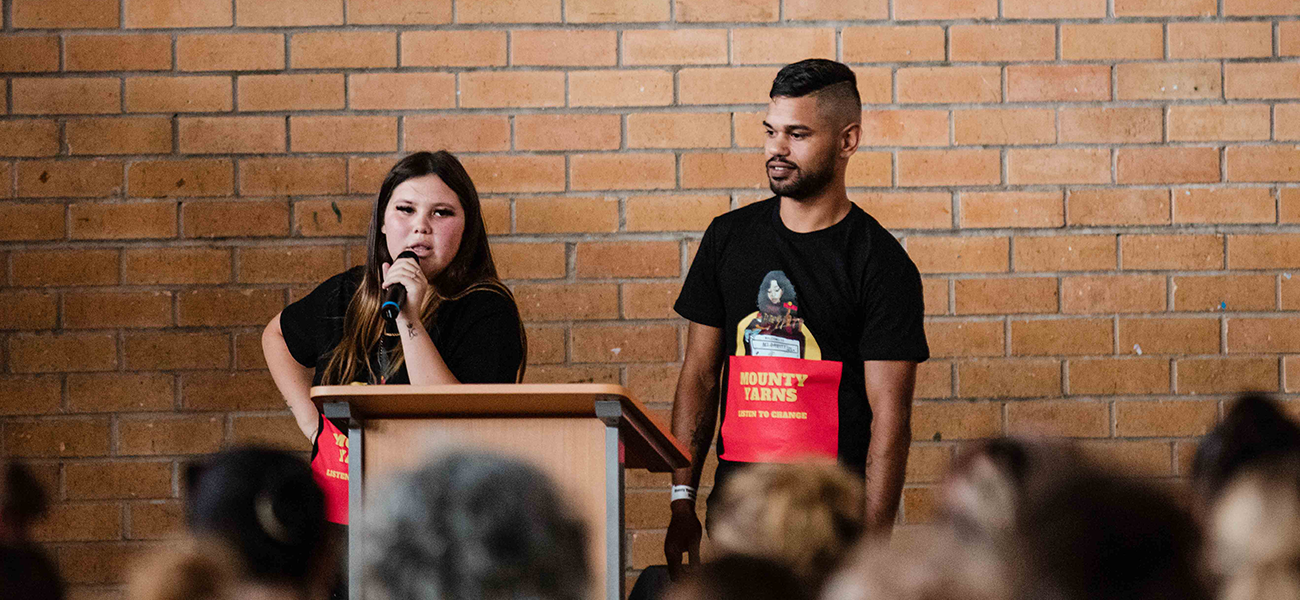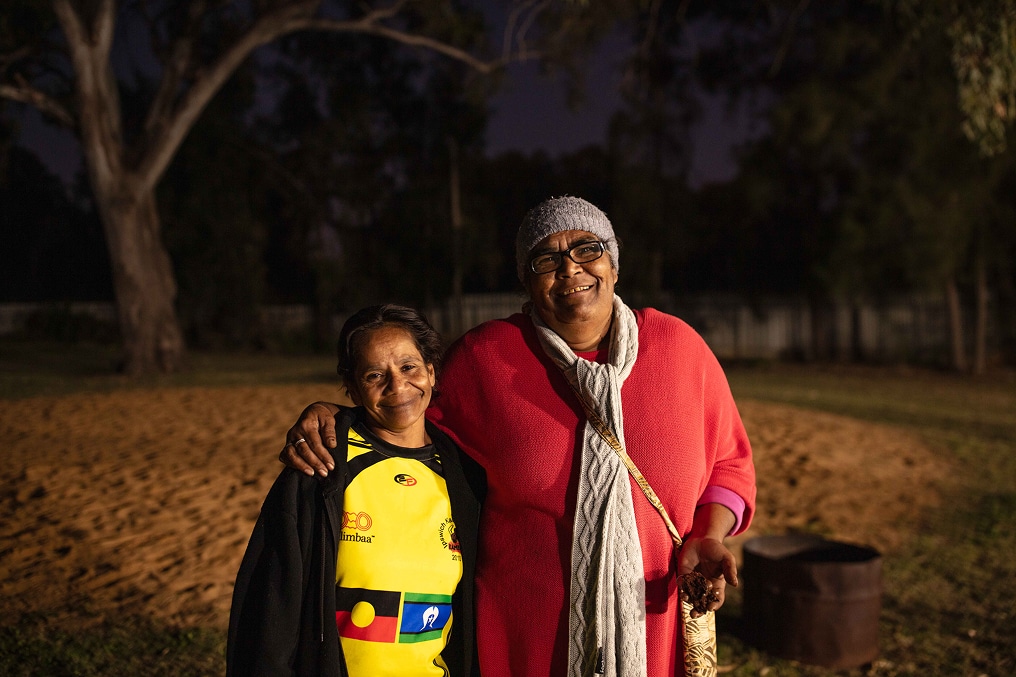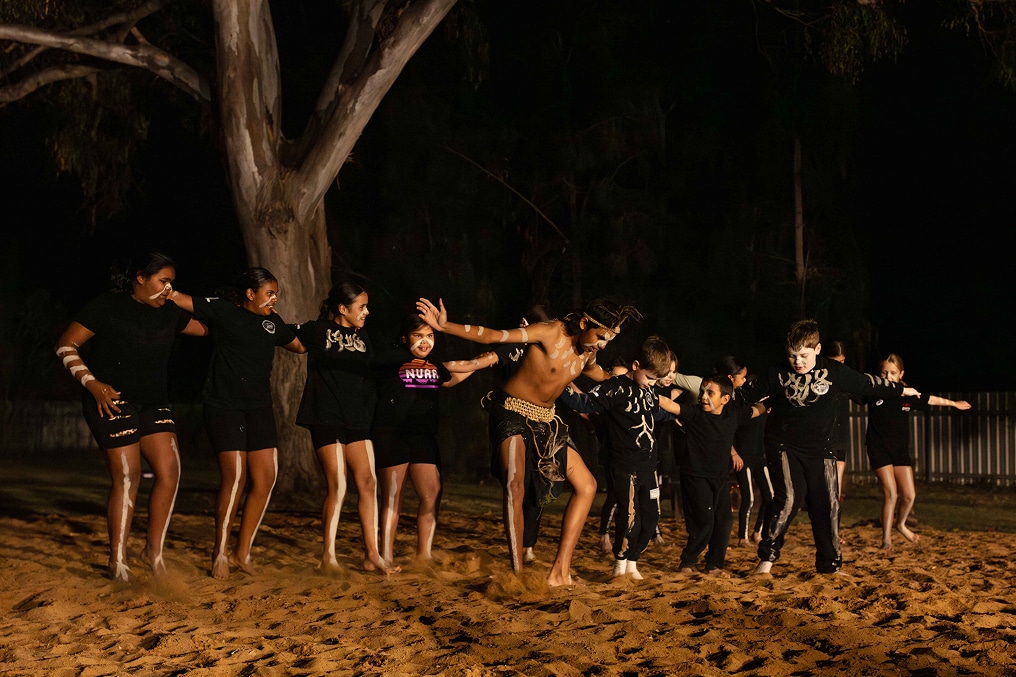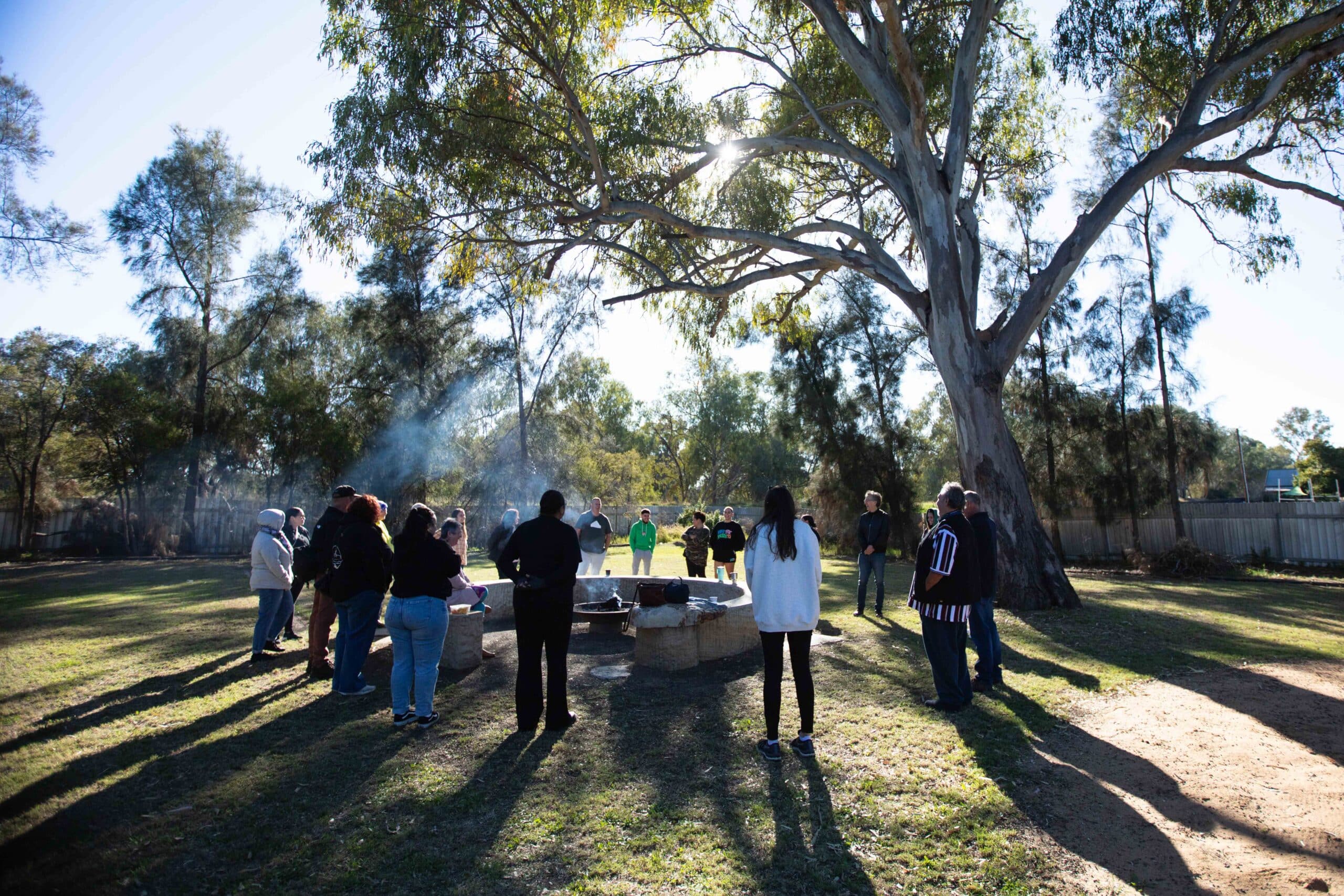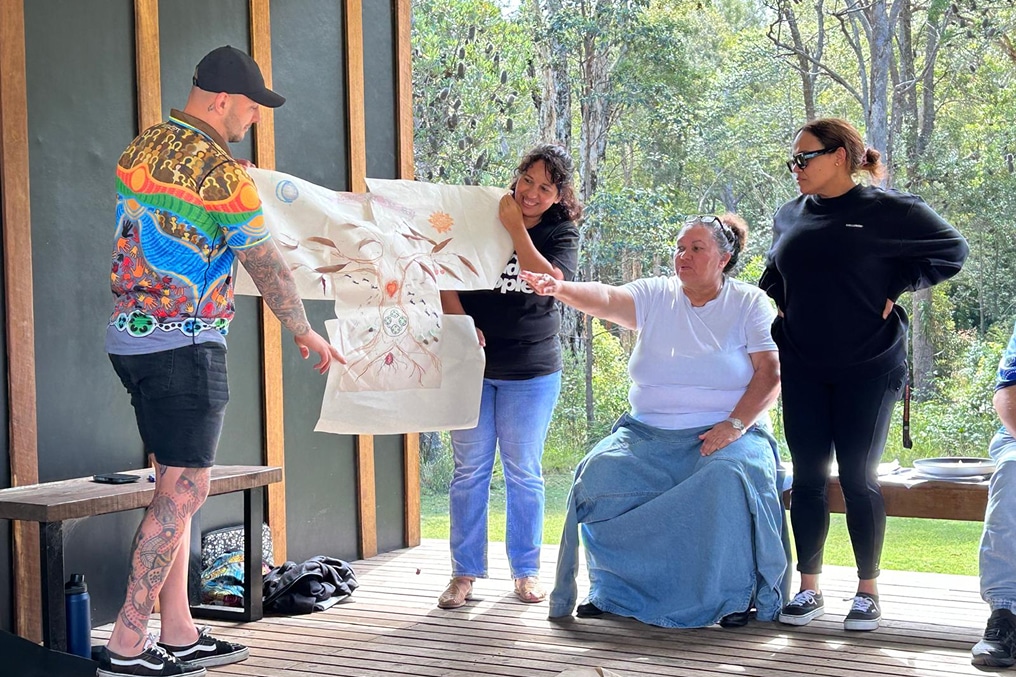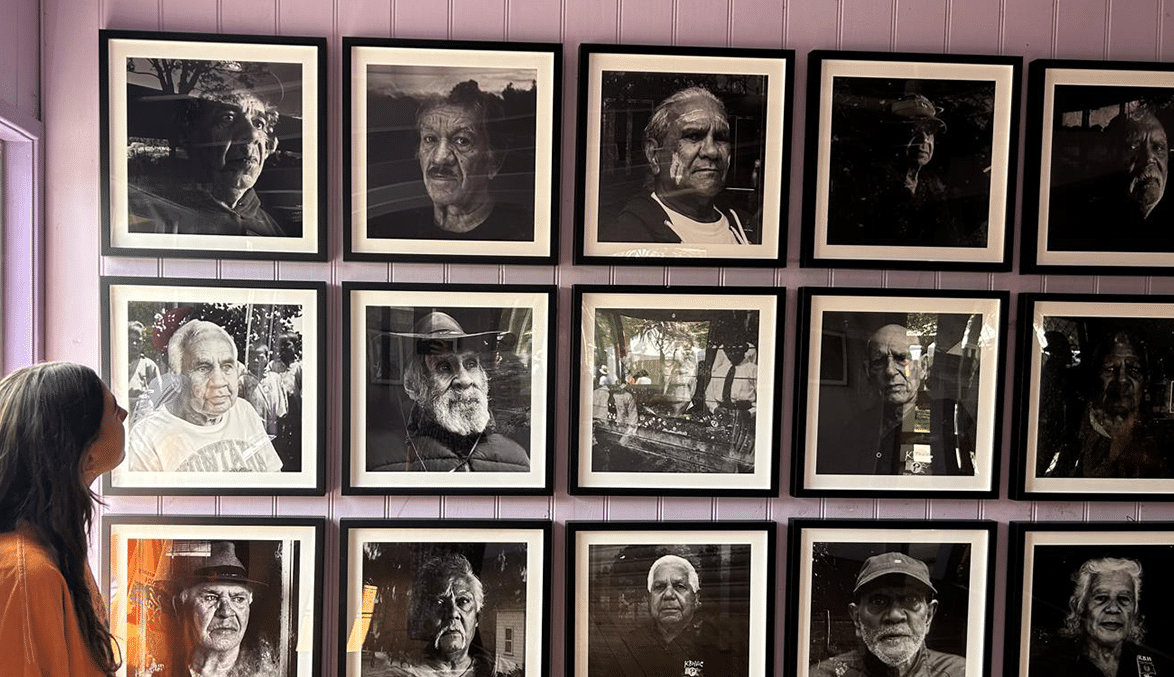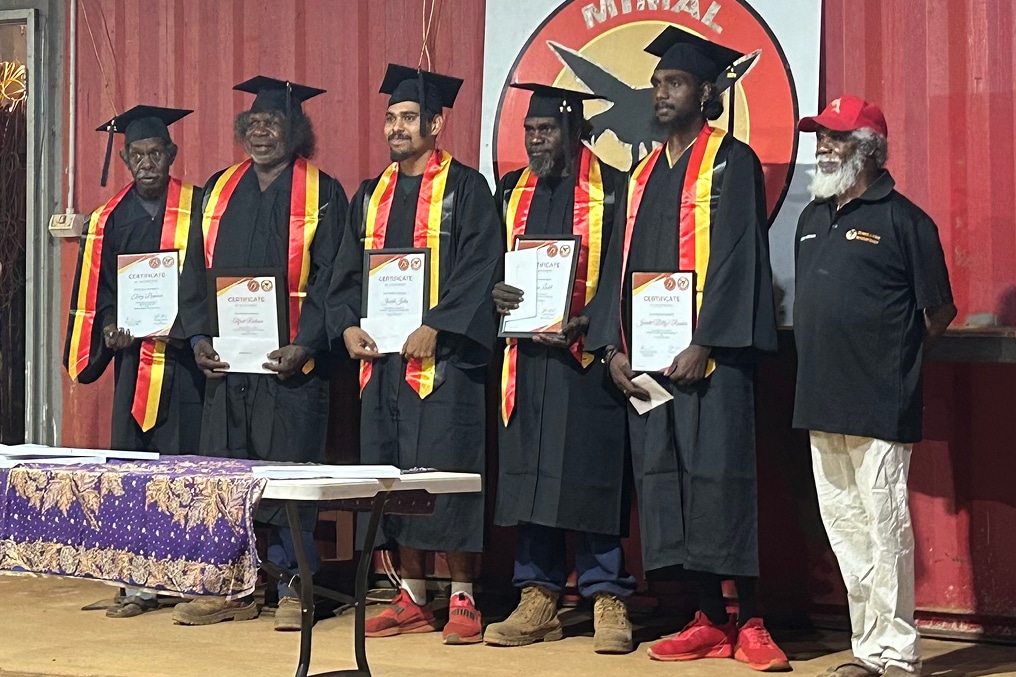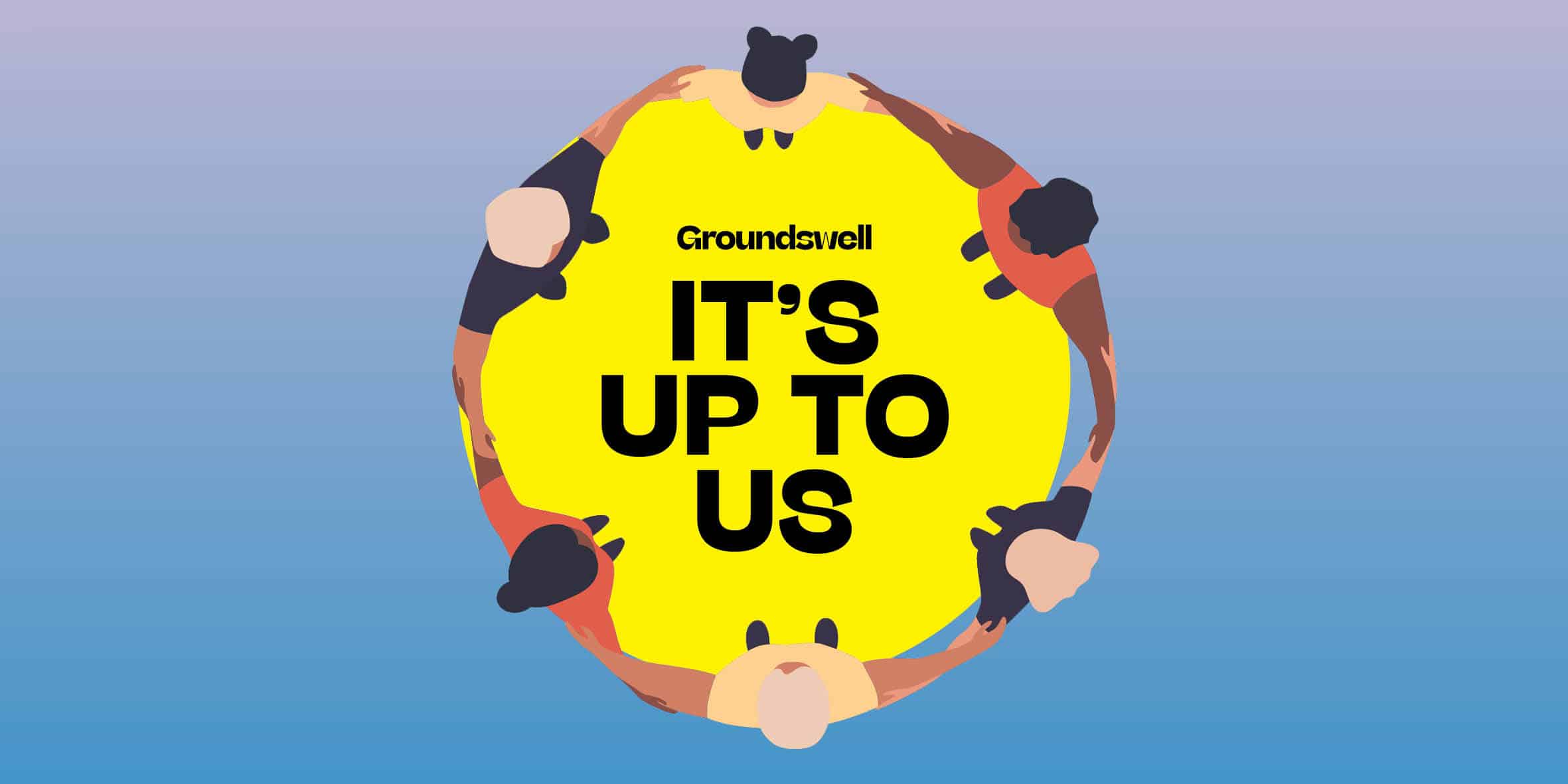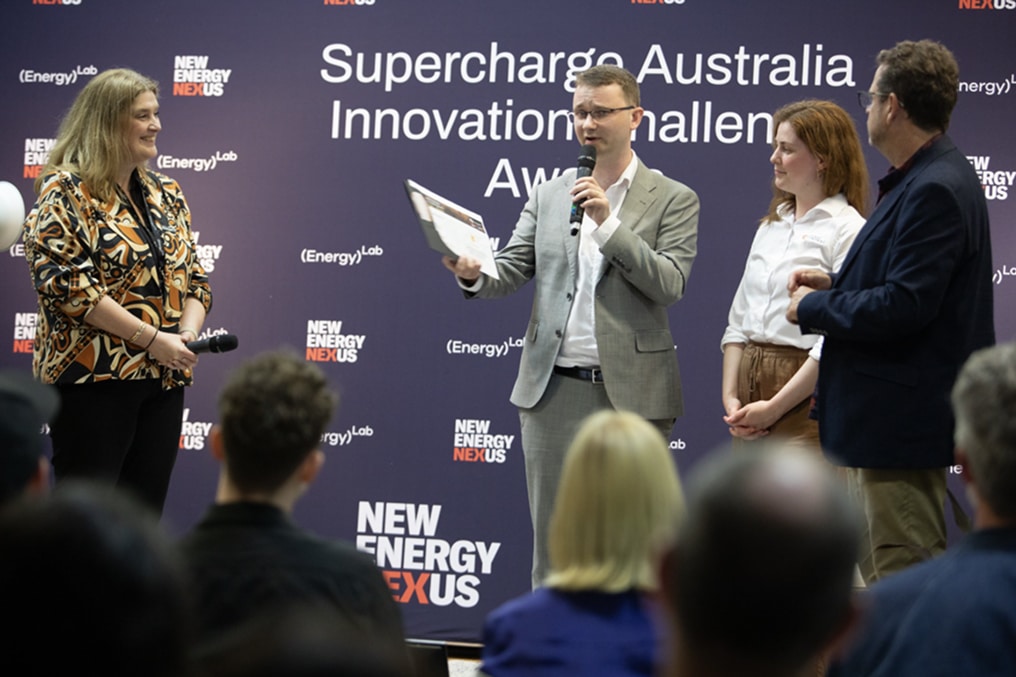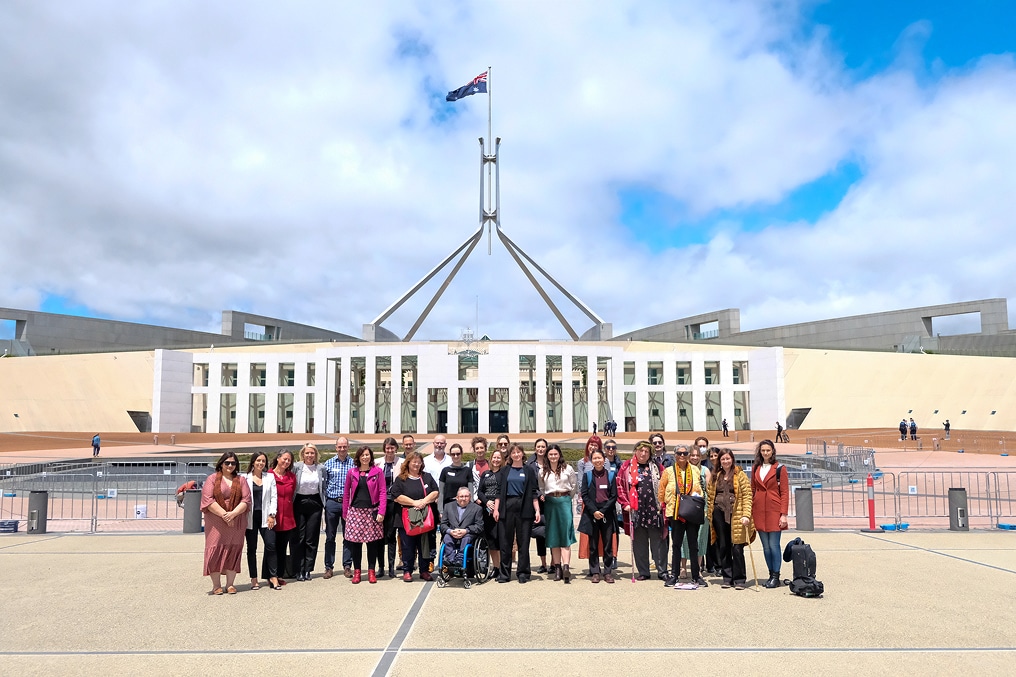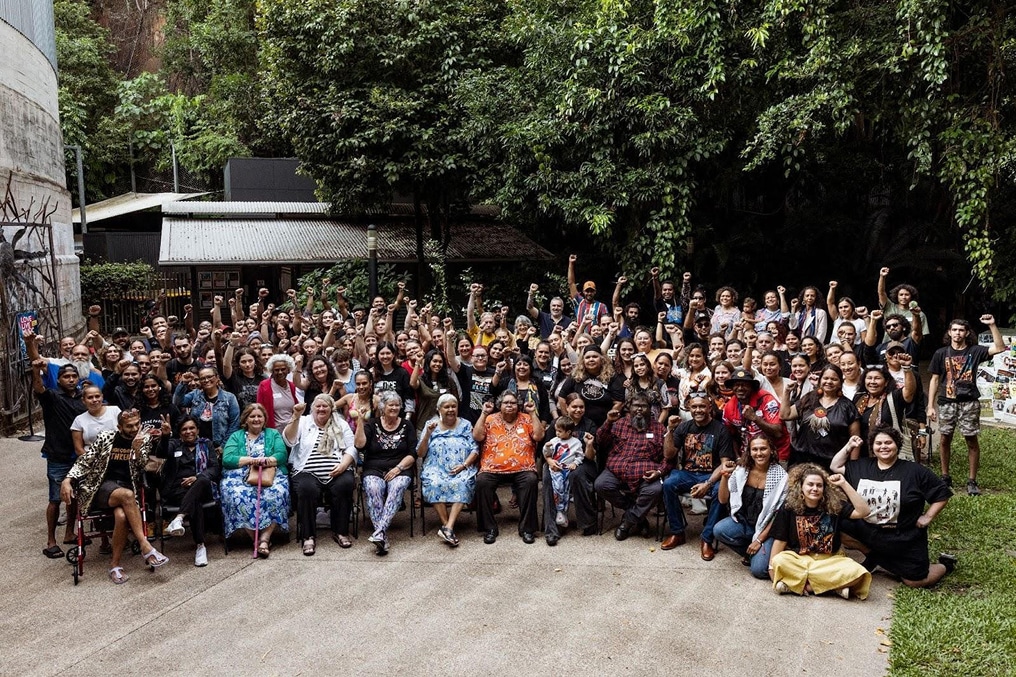The report Philanthropy, Systems & Change authored by The Australian Centre for Social Innovation (TACSI) and commissioned by Dusseldorp Forum, Perpetual and the Paul Ramsay Foundation brings together perspectives, stories and tools, from philanthropists, academics and practitioners, to help funders find their best-fit contribution to change in systems.
The tools contained within the report provide an opportunity for foundations to have conversations with their teams, boards and grantees about four potential “contributions” they can make in supporting systems change. It provides a starting point for foundations who are interested in exploring how their own goals align with their ambitions to create the big changes needed across many aspects of our society.
The four contributions explored in the report are:
Giving
Philanthropists can contribute to change in systems through their funding. Developing ‘systems awareness’ where philanthropists spend time and money to understand the complexity of the systems can result in greater impact. There is also a growing trend of philanthropists who actively choose to invest in either improving systems or transforming them toward a different or better state in the future.
Relationships
The second contribution philanthropy makes to change in systems is by strengthening their relationships with Not For Profit organisations; focusing on collaborating and working together and partnering with Not For Profit’s to create systems change.
Direct contributions
By having an explicit ‘systems change’ focus philanthropists are able to expand their role from funders to be the instigators of change. They can make direct interventions into systems themselves, beyond just supporting their partners.
Internal change
The fourth group of strategies relate to the contribution philanthropy can make to systems by changing their own organisation. In this group of strategies there is a strong and challenging theme of shifting the dynamics of power.
“The challenges we face are too great to ignore the power structures, mental models and mindsets that hold problems in place. As institutions, practitioners and funders, we are all a part of the story that needs to change.” Carolyn Curtis, CEO at The Australian Centre for Social Innovation.
Tips and traps for systems change
In March 2020, Emily Tow from the Tow Foundation visited Australia for a series of workshops focused on the report, sharing the Tow Foundation’s experience with systems change. Teya Dusseldorp and Tessa Boyd-Caine joined her for the Sydney workshop to share their organisations examples of working with systems change. Emily shared some useful tips and traps below:

“The term ‘systems change’ has become a catch all and rather meaningless. With this report the aim is to cut through the rhetoric and demystify the term while providing tools that are actionable for foundations and their boards.” Teya Dusseldorp, Dusseldorp Forum
“My hope is that our experience will encourage other foundations, no matter the size, to believe that they, too, can have a big impact on a social issue that may appear too daunting to tackle. The opportunity awaits for us all to be bold and use our unique role as philanthropists to spark, and even drive, large-scale social change.” Emily Tow, Tow Foundation.
